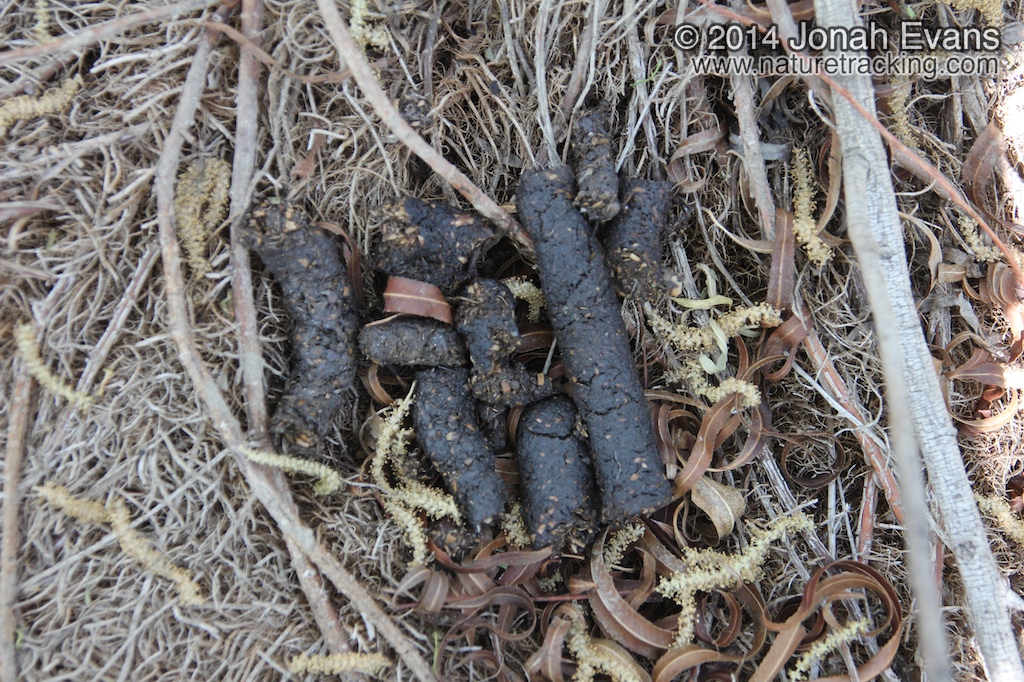

If you think you’ve found some raccoon droppings, put them in a bag and then double bag them. Gloves, boots and even work coveralls can be helpful to make sure you don’t transfer any debris from the outside into your home. If you are working around the yard and aren’t sure if you have had raccoons around your home, always make sure to wear protective gear. How can you avoid contact with raccoon feces? People may come into contact with old, decomposed raccoon feces without even knowing it. The roundworms can only survive when attached to an animal host, but the eggs are very tough and can withstand years in soil and still be viable. For children or those with compromised immune systems, this kind of parasite can prove to be fatal. This parasite is a type of roundworm that causes a severe condition for humans. The most severe threat about raccoon feces, though, is that raccoons are known to be the primary carrier for a parasite called Baylisascaris procyonis. If your dog is digging around in your yard and ingests some of the droppings, your dog can become very sick. When you see a raccoon out and foraging for food during the daytime and acting aggressively towards other animals or humans it might have this illness. If a raccoon is infected with canine distemper, it’s behaviour will change. In rare cases, the droppings can contain rabies (if the raccoon is infected), but they can also contain viruses like canine distemper that affect your pets. The droppings will be found just outside these areas, so in gardens on the steps of a deck or around gardens. Raccoons are animals that frequently defecate before they enter their dens, which are often located in trees, under decks or even in sheds if accessible. In rare cases, though, if the raccoon is ill or has ingested some poison, it can transfer to humans and make us very sick. Most of the time, it is completely harmless as the quantity we’ve be exposed to isn’t enough to hurt us or make us sick in any way. It’s probably not harmfulĭespite what we might want to think, most of us come in to contact with raccoon (and other rodents) droppings pretty frequently.

With both options, there are dangers and potential risks, but before you decide which route you want to go, here’s what you need to know about raccoon feces around your home. You can leave the feces, thinking it will be washed away by the rain eventually, or you can take the time to go around and pick it up. If you have raccoons around your home in the Hamilton or Niagara areas, you might notice they are leaving their droppings everywhere – which is only natural for animals to do.


 0 kommentar(er)
0 kommentar(er)
